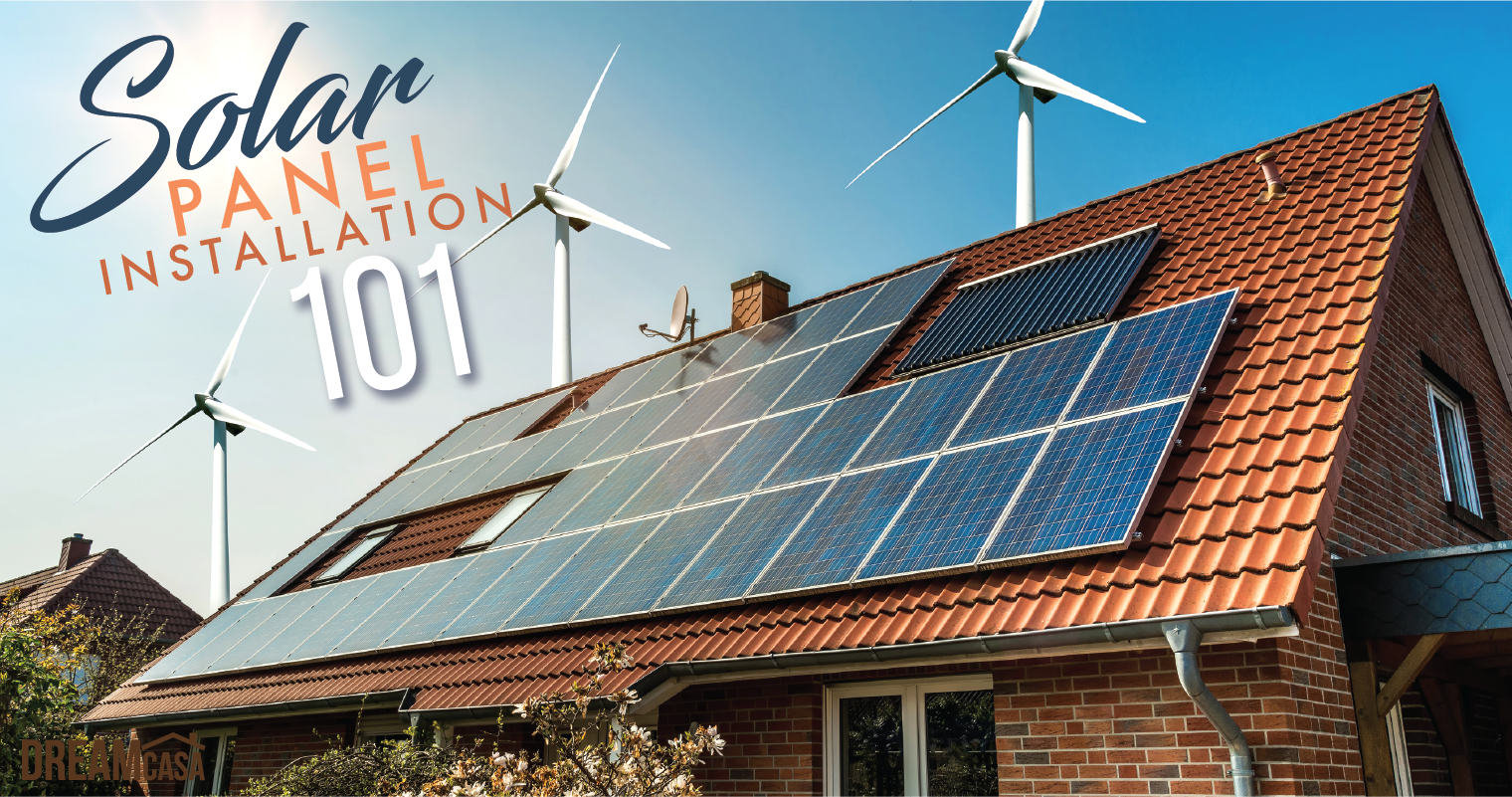Back in the good old days, people had milk delivered to them and returned the bottles to be reused. There was no such thing as plastic water bottles; people drank from taps. People hung their clothes out to dry instead of using an energy-sucking dryer. People drove a lot less. The list is endless. At some point, we turned into a very wasteful society and it has caught up with us. Now we’re scrambling to undo some of the damage we’ve done and attempt to reduce our carbon footprint.
Solar energy is the cleanest and most abundant energy source available. Today you can have solar panels installed on your roof that not only provide all the energy for your home, but you actually get a surplus you can feed back into the grid and make a tidy profit.
If you’re thinking about installing them, here are a few things you should consider:
1. What Type Of Solar Power Makes Sense
There are two major types of solar power. Photovoltaic solar cells convert sunlight directly into electricity and can be used for all your needs. Thermal solar power redirects the heat given off by the sun to heat your home and water. Depending on what your needs are, both are good options. For example, if you live somewhere cold and heating is expensive, thermal is a great option.
2. Can Your Roof Support Solar Panels?
Your roof should be in good condition to install solar panels. Generally, roofs last approximately 25 years (provided its asphalt which is more common than metal). If your roof is 24 years old, it is highly recommended you put off installing panels until it’s redone. The installation is pricey; you don’t want to foot that bill twice in a couple years rendering your cost savings fruitless.
Also, it’s important that your roof receives adequate sunlight. If there are tall trees and obstructions blocking sunlight from hitting your roof, you should consider rectifying the blockage or trying something different.
3. Hiring A Contractor
Installing solar panels is a complex project; it combines the work of a home improvement contractor with all the complications of an electrician. Ensure that your contractor is part of the North American Board Of Certified Energy Practitioners and find out how much experience they have with installing solar systems.
4. Drainage
Solar panels can redirect where the rainwater goes on your roof, which can cause problems. If it’s not directed toward the gutters, you can get leaks or minor flooding. Make sure your contractor is taking this into consideration.
5. Rebates
The cheaper energy rates will take a long time to recuperate the upfront cost of solar panels, so only install them if you’re in it for the long haul. Make sure you take advantage of government rebates. There is a federal rebate in addition to any rebates that may exist in your state on top of that. Look into exactly how much you’re spending and run a cost analysis to see if it’s worth it.
Original article found at: http://dreamcasa.org/living/remodel-and-renovation/5-things-before-installing-solar-panels/

